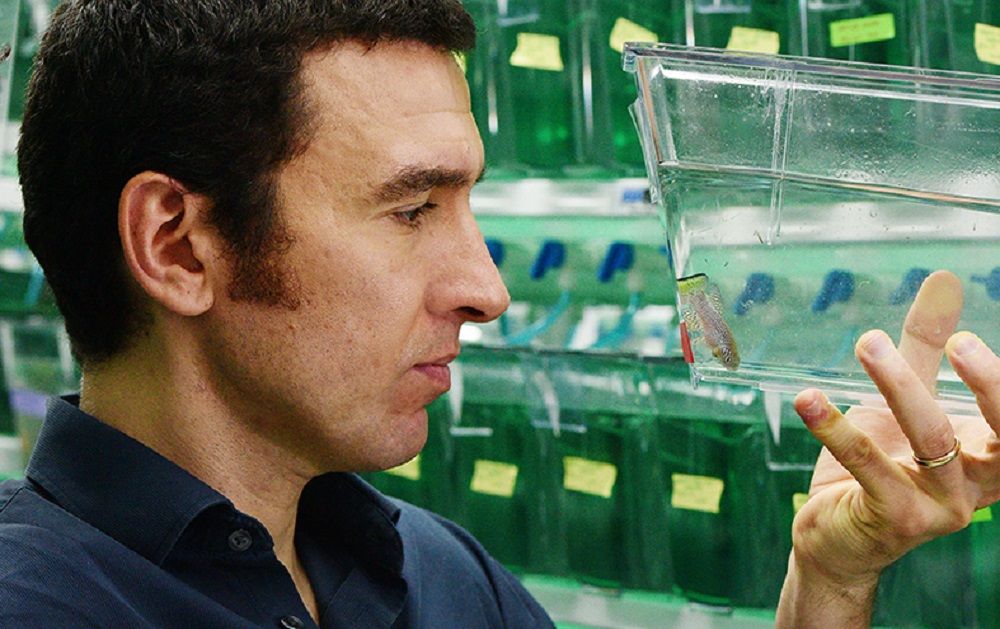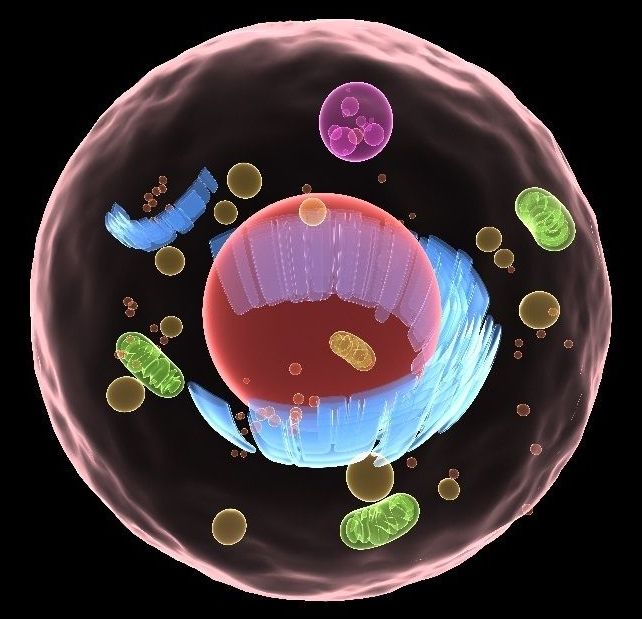
A look back at the most popular life extension articles of 2017. Here is the report Can We Live to 120 on the Fasting Mimicking Diet or Calorie Restriction?
Summary: The Fasting Mimicking Diet, also called the Valter Longo diet, and the spartan practice of calorie restriction are the twin subjects of two recent research reports. Both research reports show that the fasting regimens offer potential health benefits. This article includes commentary by the inventor of the Fasting Mimicking Diet, Valter Longo. [Cover Photo: Ryan McGuire.]
The idea that animals can live longer, healthier lives by drastically reducing their calorie intake is not exactly new. Scientists have repeatedly demonstrated the life-extending value of calorie restriction (CR) in animals from worms to monkeys—with the implication that the same might be true for humans.
In fact, geroscientists consider CR as one of the most effective ways to extend lifespan. Our metabolism slows down as we age, due to a phenomenon called deregulated nutrient sensing. This metabolic change contributes to a host of age-related diseases.










